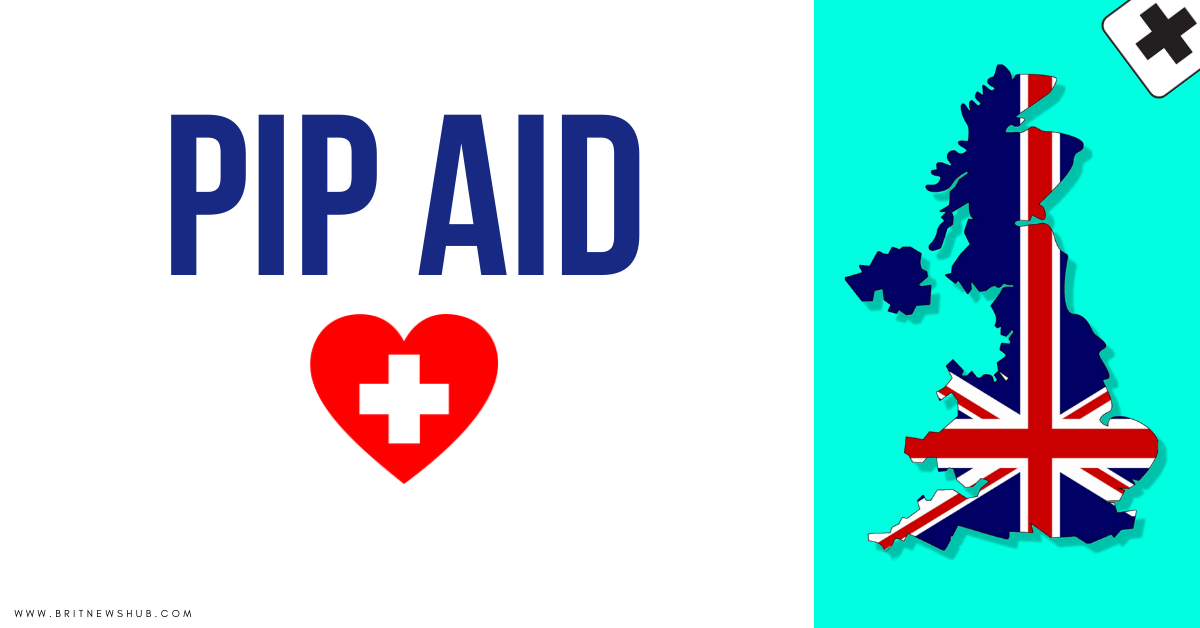An approximate 1.5 million Up to 85% of Brits are unaware that they have a sleep disorder that increases their risk of heart failure and stroke.
Inability to Sleep When you have a disorder called apnoea, your airways narrow or become blocked while you sleep, causing you to stop breathing occasionally during the night. “Sudden drops in blood oxygen during sleep can strain the cardiovascular system and increase blood pressure,” says NHS physician Dr. Hana Patel.
“Heart failure, strokes, and heart attacks are considerably more common in people with severe sleep apnoea. In people who already have heart issues, the condition may also result in heart arrhythmias, which are irregular heartbeats that can cause sudden death.
Although anyone can have OSA, Dr. Patel notes that men are two to three times more likely to have it. “However, women who are overweight or have gone through menopause are at a higher risk”. “People with heart issues or those over 60 are also more likely to develop the condition.”
Lifestyle changes, like quitting smoking, drinking less alcohol, and eating a healthier diet, can help treat mild sleep apnoea, according to Dr. Patel.
“A person’s ability to breathe in oxygen and exhale carbon dioxide is reduced when they have an episode of OSA because their airway becomes blocked. The brain will take you out of restorative sleep and either put you into a very light sleep or wake you up completely. Because it perceives this as an emergency.
To qualify for an OSA diagnosis, each episode needs to last at least ¬10 s, though some last considerably longer. Five to fifteen episodes per hour are typical for mild cases of the illness. Whereas over 30 episodes per hour are common in severe cases, Based on my observation. The highest frequency of breathing cessation, I have ever witnessed is 136 times per hour. Which is equivalent to multiple stops per 30 seconds.

“To put it in perspective, some people describe severe OSA as having alarms. That goes off in your bedroom every two minutes.” It makes sense, then, that some OSA sufferers experience daytime fatigue.
Sleep apnoea may be indicated by snoring and gasping for air while you sleep, especially if the snoring is very loud.
Joshua notes that snoring is the most noticeable symptom and the most often reported symptom of OSA. You can have OSA and not snore at all. “A ‘floppy’ airway with air passing past it causes vibration. Which we hear as a snore.” This implies that a person may snore, but never experience a “true” obstruction of their airway.
Conversely, there are very few reports of snoring, even if you can obstruct frequently at night. You won’t snore if your airway is blocked. Because no air will pass through to vibrate the tissue.
According to Joshua, It can be challenging for some OSA sufferers to focus. “Those with OSA don’t produce the alert-promoting hormones as often as someone who is well-rested.” “We also observe reports of brain fog and a decrease in short-term memory.”




